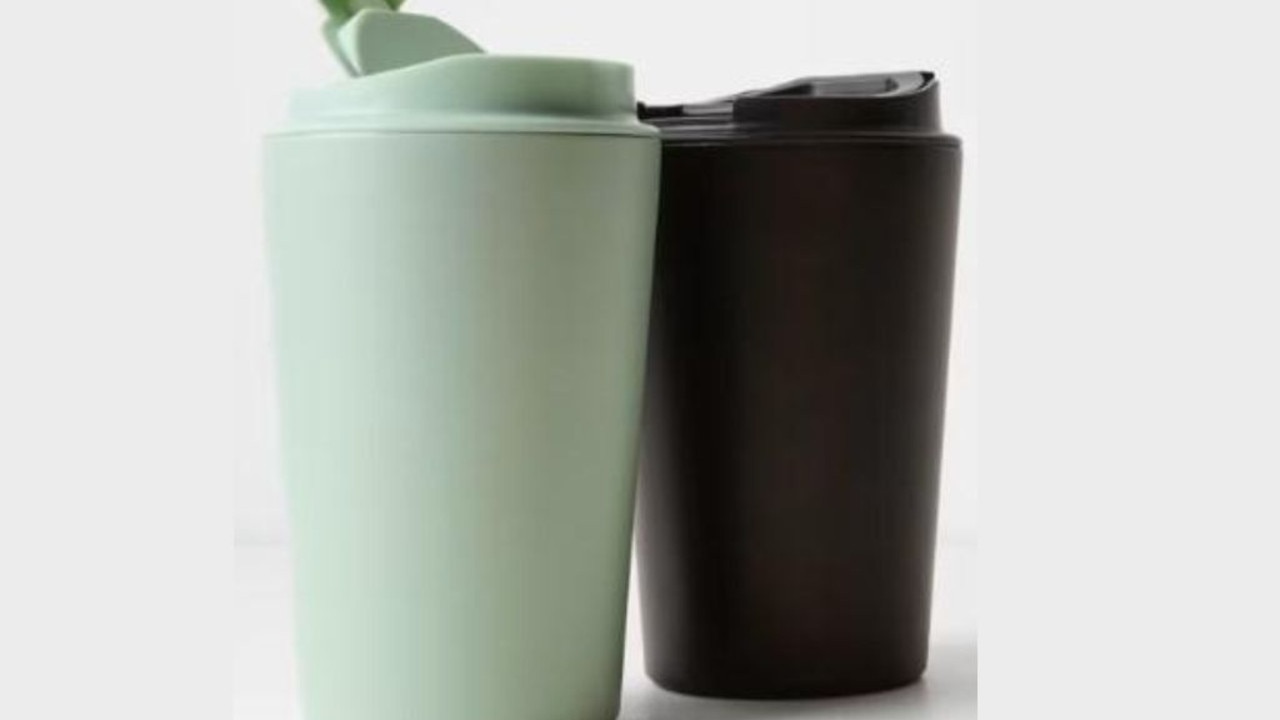Australian fruit and veg is hiding a ‘hazardous’ issue
Australia is one of the “worst offenders” in the developed world for a concerning fruit and veg issue – and a doctor says things need to change.
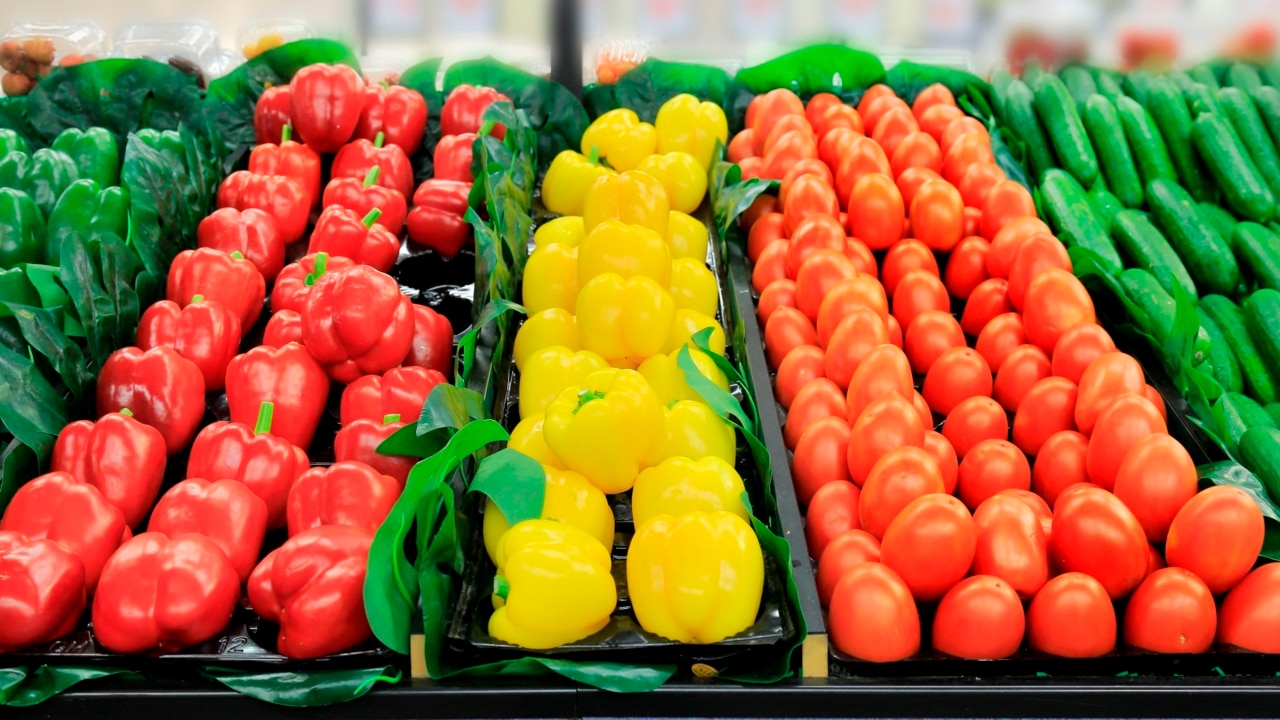
Welcome to Ask Doctor Zac, a weekly column from news.com.au.
This week Dr Zac Turner explains why we need to be vigilant about the pesticides in our fruit and veg
QUESTION: Hi Dr Zac, the higher cost of living means I’m having to cut corners when it comes to fruit and veggies, walking right past the organic section to find the cheaper produce. A rich hippy friend screamed when she saw my fridge, and told me off for purchasing produce covered in pesticides. She said I’m putting my family’s health at risk. Is she right? Are pesticides used on fruit and veg so bad for our health? Nicole, 40 – Sydney
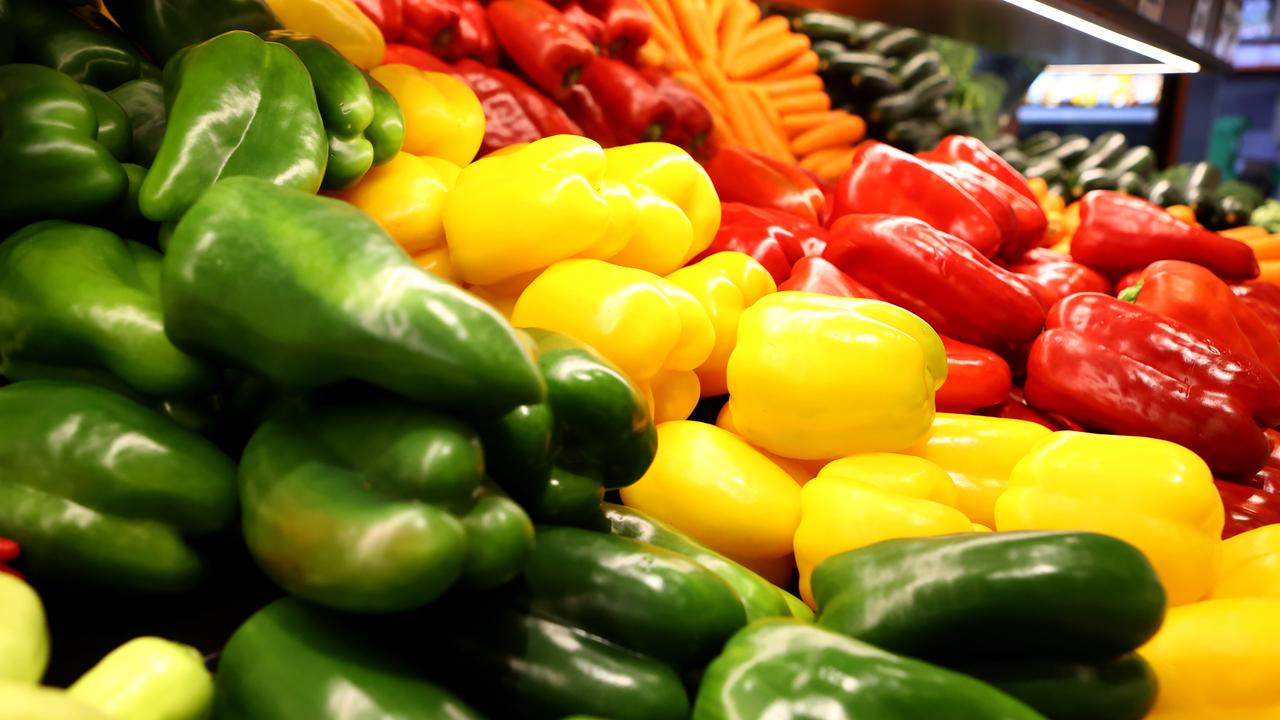
ANSWER: Hi Nicole, I’ve written before about how locally sourced produce is better for our health and the environment too.
But did you know Australia is one of the worst offenders when it comes to using harmful chemicals and pesticides? We still use dozens of chemicals that are banned in other countries, including the UK and US.
Get ready, because I’m about to say something controversial: I believe every Australian grocery store should list the pesticides used in the production of their fruit and vegetables. That means if you went to pick up some apples, not only would you see the country of production, but which pesticides were used to grow them.
It’s mandatory to list ingredients on the side of packaged food, so why isn’t it mandatory to list pesticides for our fresh produce?
For context, Australia allows the use of 144 highly hazardous pesticide ingredients. The UK authorises the use of 73.
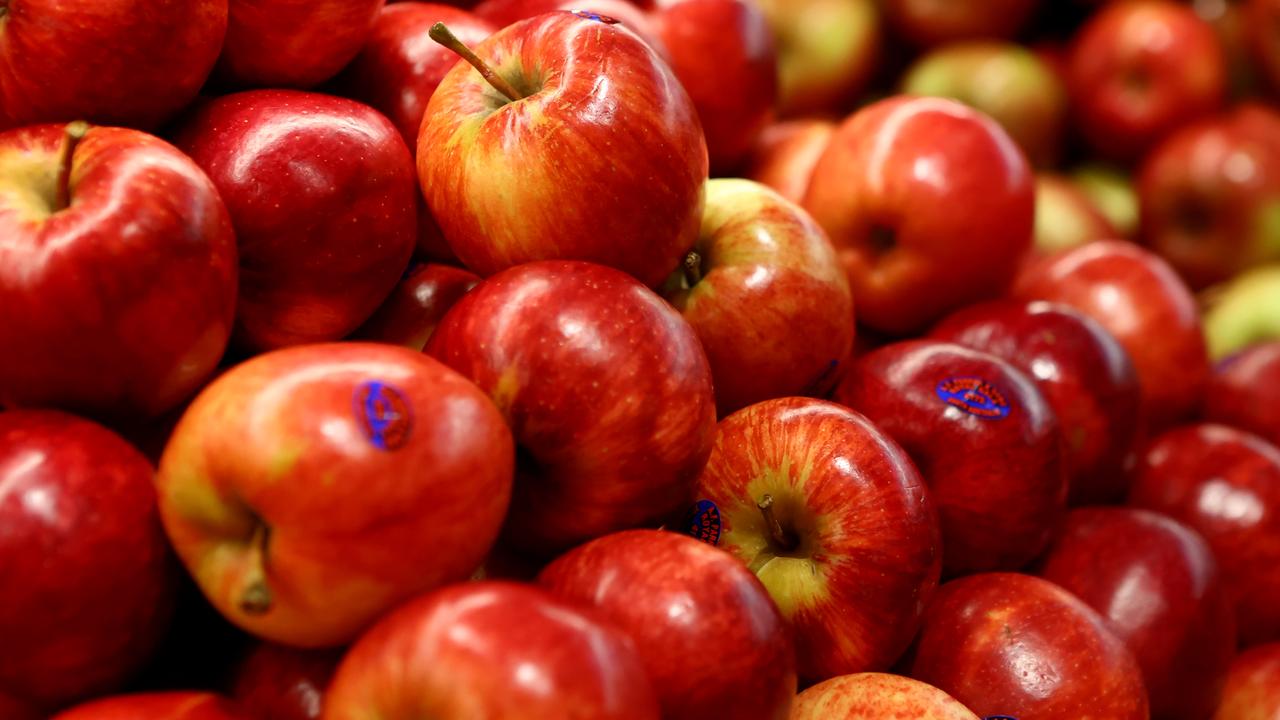
This is because Australia’s regulators look for risk and proof of harm, whereas other developed countries ask the chemical manufacturers to prove they are not harmful.
This means we rely on often overworked medical practitioners (generally GPs) to pick up on potential symptoms caused by the presence of pesticides.
One fruit we should all try to buy organic are grapes. In Australia, our grapes contain 200 times more of the insecticide Methomyl than in the UK. If eaten in high doses, this insecticide overstimulates the nervous system and causes nausea, dizziness and confusion.
You would need to eat a lot of grapes to feel these effects seriously, but this stuff shouldn’t be allowed on our grapes in the first place.
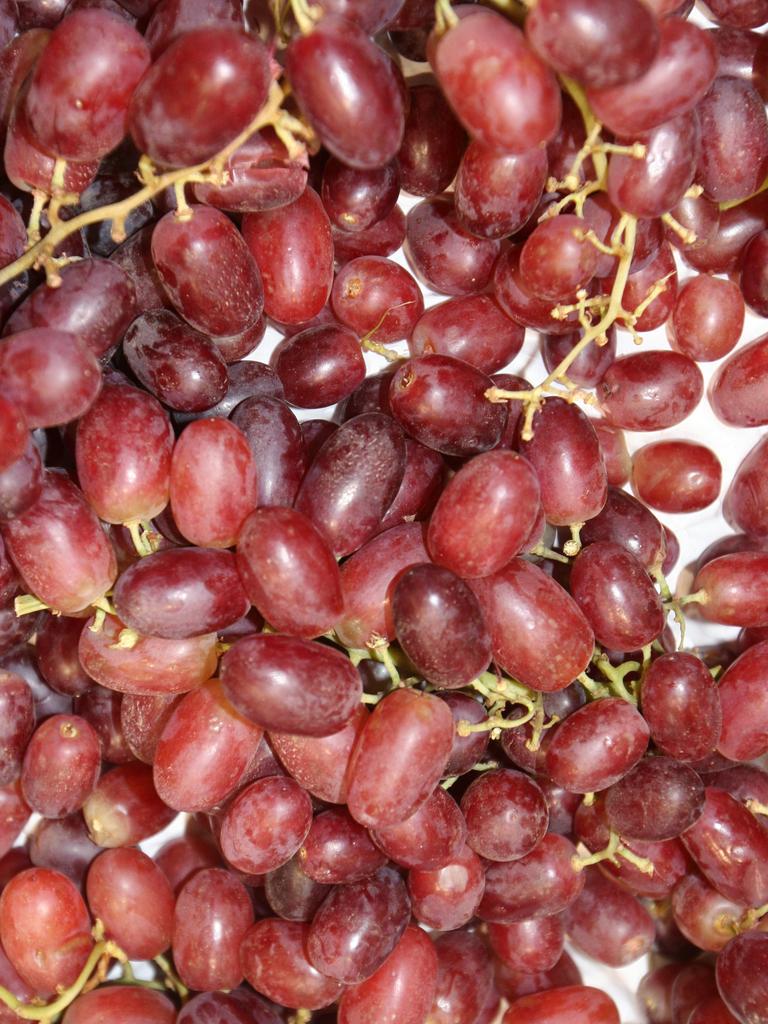
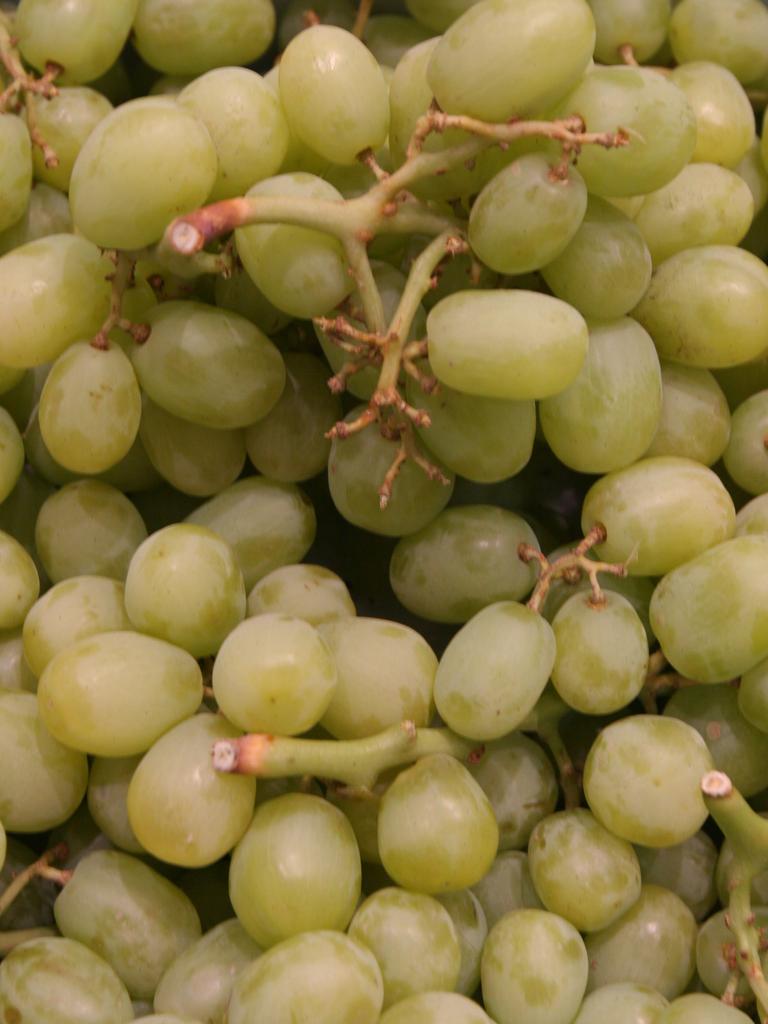
There are about 12 pesticides of major concern used in Australia, but here are the worst:
Paraquat
A poisonous weed killer with links to Parkinson’s disease. If you eat a small amount it can cause heat, kidney and liver failure. It also causes nausea, vomiting, abdominal pain and diarrhoea.
Atrazine
Typically used on crops such as corn, potatoes and sugarcane, this pesticide disrupts the endocrine system, which means it interferes with reproduction and development.
This is especially important because declining male fertility is becoming a huge problem.
If you are interested in this topic, I recommend reading about the 10 other pesticides of major concern.

I recognise the pressures from cost of living are real, and you are doing nothing wrong by making choices that fit within your budget.
Your friend is correct that produce can be covered in pesticides, but she’s ignorant to think only pesticides cause bad health. My fingers would fall off if I was tasked to write down everything that can cause bad health for your family, so don’t feel ashamed.
While we wait in hope for changes to legislation, we can all adopt small practices to reduce our exposure to these chemicals.
– Wash your produce in a saltwater solution – use 10 per cent salt in fresh water. This will really clean the produce and, don’t worry, it won’t start to taste like salt.
More Coverage
– Peeling your fruit can do wonders in limiting chemical intake. Always make sure to wash it before and after peeling.
– If you don’t have time for any of the above, ALWAYS wash your fruit and veg in cold water at the very least.
Dr Zac Turner has a Bachelor of Medicine and Bachelor of Surgery from the University of Sydney. He has worked as a Registered Nurse, both in Australia and internationally and is also a qualified and experienced biomedical scientist | @drzacturner






